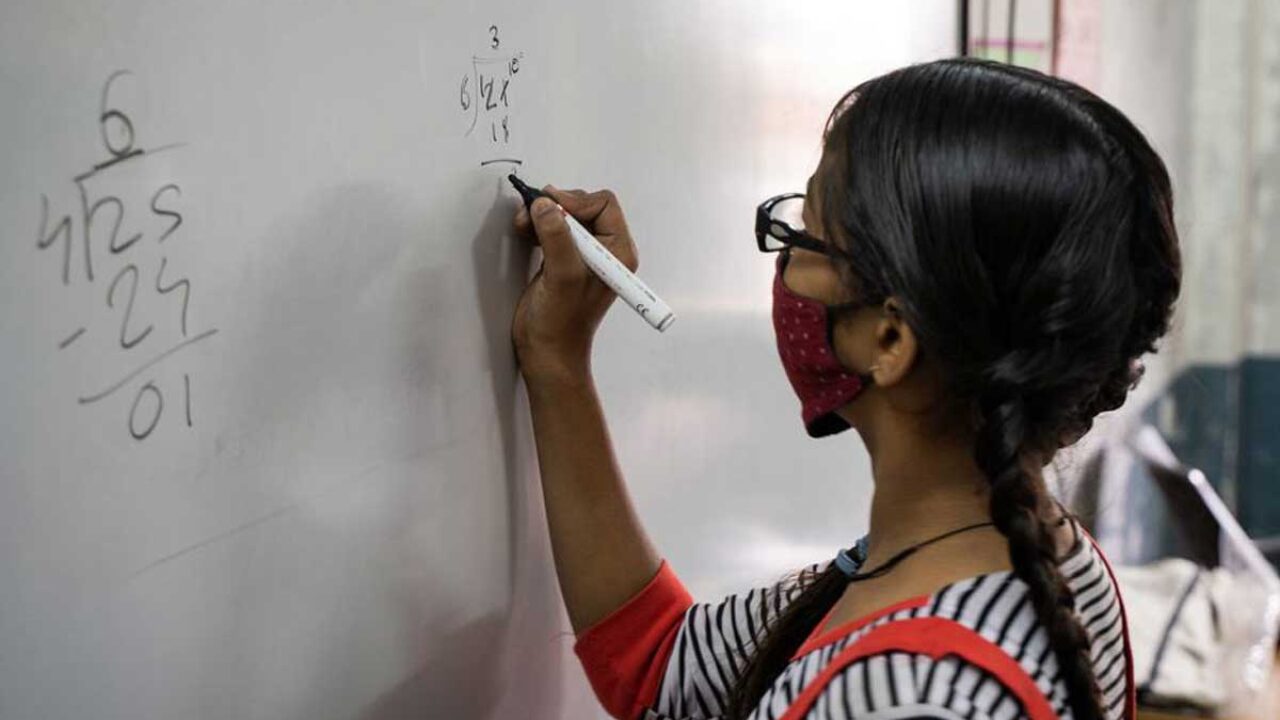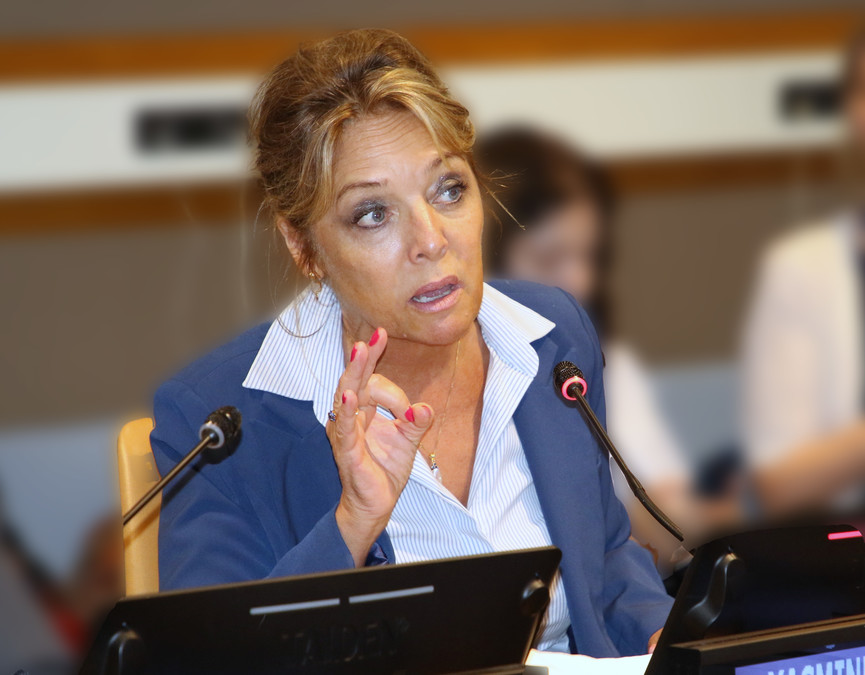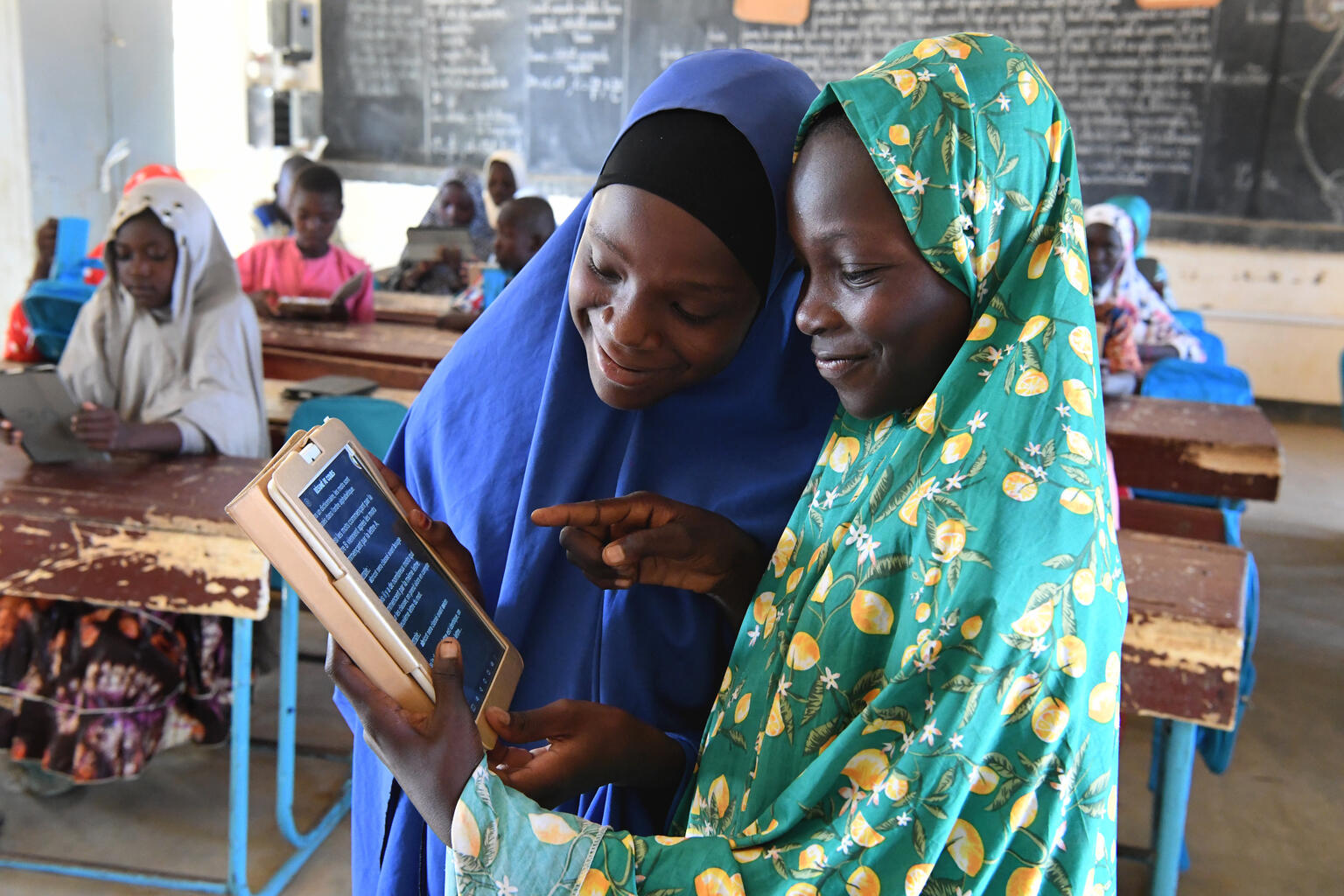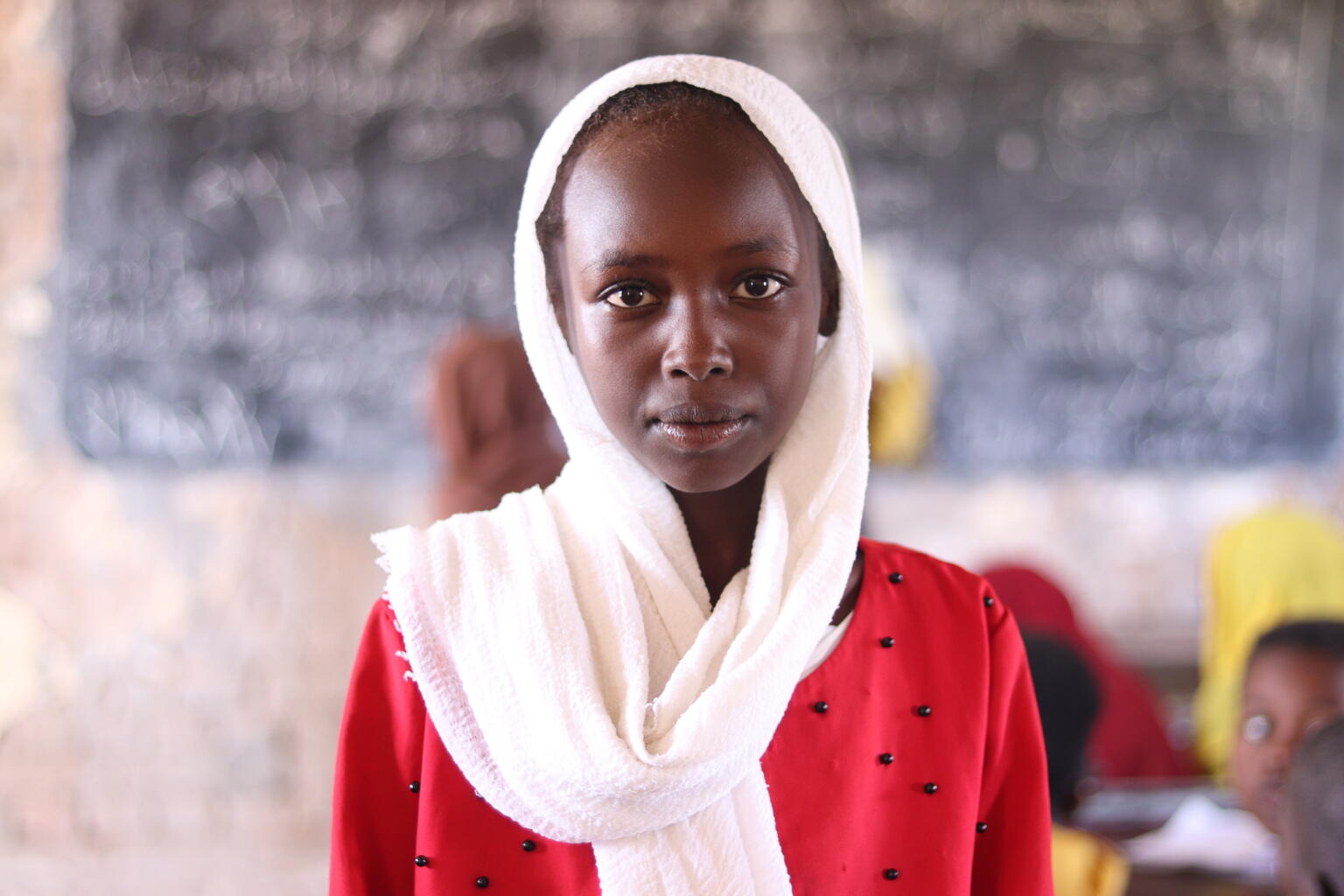Modern Diplomacy: Education Must Come First in our Global Economic Agenda

Article re-posted with permission from Modern Diplomacy.
With leaders gathering at this year’s World Economic Forum, it’s time to prioritize the impact investments in education bring to businesses, economies and beyond.
As all eyes turn to this week’s World Economic Forum in Davos, we call on world leaders and world-leading businesses to put education at the heart our global social and economic agenda.
Education is our investment in the future, our investment in sustainable economic growth and global security, our investment in the vast potential of our collective humanity.
To realize our goals of delivering equitable, quality education to every girl and boy on the planet – especially those caught in armed conflicts, forced displacement and other protracted crises – we must activate a global conscience and commitment, and create a value proposition that shows businesses, politicians and the general public just what an investment in quality education means for our world.
This means pre-schoolers can learn to read and write in safe environments. It means girls can become entrepreneurs and doctors – not child brides. It means boys can be teachers and lawyers – not soldiers.
It means refugee children and adolescents displaced by conflict, climate change and other crises in hot spots like Bangladesh, Colombia, the Sahel and Ukraine can go on to complete 12 years of education and become leaders of a peaceful and healthy society.
It means college and beyond, a smarter workforce, and greater socio-economic stability. It means an end to poverty and hunger, establishing gender-equality, and advancing human rights for all.
Unravelling the challenge
This is one of the most complex problems ever to face humanity. When Education Cannot Wait (ECW) – the UN’s global fund for education in emergencies and protracted crises – was established in 2016, an estimated 75 million crisis-impacted children and youth did not have access to the safety, protection, hope and opportunity of a quality education. That number has risen to an estimated 200 million in recent years as we see a rise in conflicts, displacement, climate disasters and a deadly pandemic that has upended our progress to achieve the Sustainable Development Goals by 2030.
While a minority of people on the planet are enjoying all the comforts of modern life – and football teams sell for more than $5 billion – over 617 million children and adolescents worldwide cannot read or do basic math. That’s more than the total population of ECW’s three largest donors – Germany, the United Kingdom and the United States – combined.
Nevertheless, to date, less than 3% of government stimulus packages have been allocated to education, and in low- and lower-middle-income countries, the share is less than 1%. We can and must increase this government funding three-fold, following the example of the European Union, which announced in 2019 that it would increase education spending to 10% of humanitarian aid.
Government aid alone isn’t enough
The private sector, businesses and philanthropic foundations like The LEGO Foundation, Dubai Cares, Verizon and Porticus are already activating significant investments into the space.
We need to bring in more funding from industries closely connected with education – like Google, CISCO and Microsoft – and from those which have a vested interest in ensuring global economic stability and resilience, like the Jacobs Foundation, Western Union and Hilton Foundations of this world.
As we embrace the spirit of Davos – “to demonstrate entrepreneurship in the global public interest while upholding the highest standards of governance” – it is clear that this is a global issue that won’t just impact the rights and life trajectories of the world’s most vulnerable children, it will impact the bottom line for businesses, disrupt global socio-economic stability, and affect us all if we don’t act immediately with decisive action and collective humanity at the forefront.
Building together
Education Cannot Wait has already mobilized over US$1 billion over a few short years and reached approximately 5 million children, but it is simply not enough.
In the next three years, with the support of donors, the private sector, philanthropic foundations and individuals, we need to mobilize at least an additional $1.5 billion. This needs to happen with the leadership of the G7, the resources and know-how of the private sector partners featured at this year’s World Economic Forum, and the enhanced commitments that will make headlines at this year’s Transforming Education Summit, convened by the UN Secretary-General.
This will enable ECW and our strategic partners to respond immediately and effectively to the education needs of at least 10 million children and adolescents – including 6 million girls.
Think about the ROI. This works out to just $150 per child. If each of the world’s Fortune 500 companies made just a US$15 million contribution, we could surpass our goals and reach 100,000 children per donation! That’s 50 million more children with an education, 50 million more children breaking the hunger and poverty barriers, 50 million more opportunities to provide certainty in the face of very uncertain economic times.
Think about the future. If you could future-proof your business for the next 30 years with such a simple investment, wouldn’t you do it? Investment in education is good for the bottom line. With increased security and economic opportunity in the Global South, we are opening new markets, increasing economic resilience and building a more prosperous world.
Think about the legacy. For every $1 spent on girls’ education, we generate approximately $2.80 in return. Making sure girls finish secondary education could boost the GDP of developing countries by 10% over the next decade.
Think about scale. For every dollar raised, ECW and our strategic partners are leveraging about a dollar. This grows impact exponentially.
Think about our place in history. This is our moment to transform education for those left furthest behind. Please join us in ensuring every girl and boy – no matter who or where they are – has the opportunity to go school, to learn, to grow and to achieve their potentials not just for a day, but for a lifetime.




